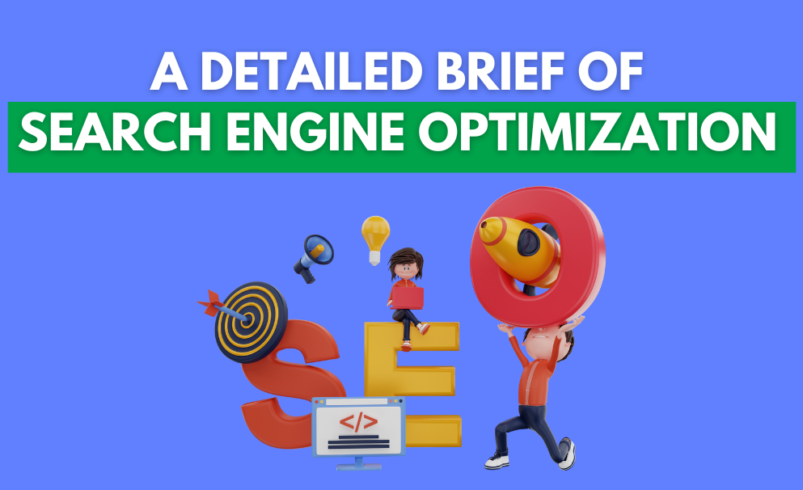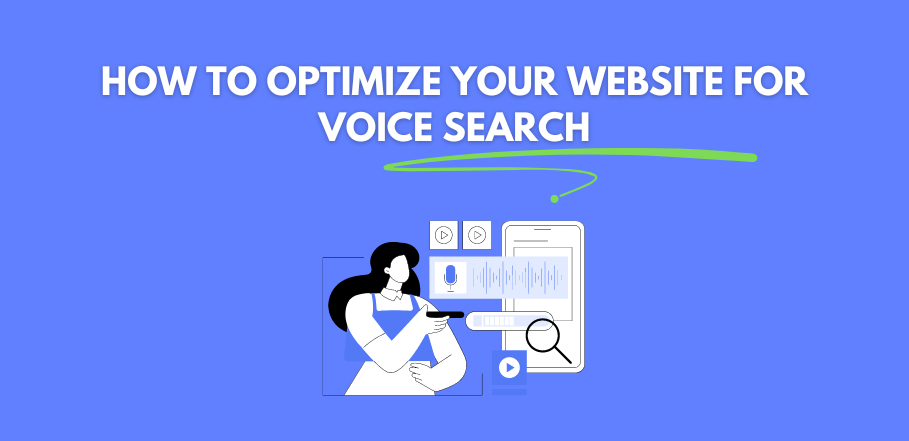
A Detailed Brief of Search Engine Optimization.
Search Engine Optimization (SEO) is a fundamental aspect of digital marketing that can significantly impact a business’s online visibility and success. Understanding SEO, its key components, and how to implement effective strategies can help businesses build strong brands and achieve higher rankings on search engines. This detailed brief explores the essentials of SEO, its benefits, and best practices for optimizing your website.
1. What is Search Engine Optimization (SEO)?
Search Engine Optimization (SEO) refers to the practice of enhancing a website’s visibility in organic (non-paid) search engine results. SEO involves a combination of on-page and off-page strategies aimed at improving search engine rankings, driving organic traffic, and increasing the overall online presence of a website.
2. Why is SEO Important?
SEO is crucial for several reasons:
- Increased Visibility: Higher rankings on search engine results pages (SERPs) lead to greater visibility and more traffic.
- Credibility and Trust: Websites that rank higher are often perceived as more credible and trustworthy by users.
- Cost-Effective: Unlike paid advertising, organic traffic generated through SEO is free, providing long-term benefits without continuous investment.
- Competitive Advantage: Effective SEO strategies can give businesses a competitive edge by outranking competitors for valuable keywords.
3. Key Components of SEO
SEO is a multifaceted discipline that encompasses various components, including:
On-Page SEO
On-page SEO involves optimizing individual web pages to rank higher and earn more relevant traffic. Key elements of on-page SEO include:
- Keyword Research: Identifying the right keywords and phrases that potential customers use to search for products or services.
- Title Tags: Crafting compelling and keyword-rich title tags for each page.
- Meta Descriptions: Writing concise and informative meta descriptions that encourage clicks.
- Header Tags: Using header tags (H1, H2, H3) to structure content and highlight key points.
- Content Optimization: Creating high-quality, relevant, and engaging content that addresses user intent.
- Internal Linking: Linking to other relevant pages within your website to improve navigation and boost SEO.
Off-Page SEO
Off-page SEO involves activities that take place outside your website to improve its authority and rankings. Key elements of off-page SEO include:
- Backlinks: Acquiring high-quality backlinks from authoritative websites to boost your website’s credibility.
- Social Signals: Leveraging social media platforms to promote content and generate engagement.
- Guest Blogging: Writing guest posts for reputable blogs to gain exposure and backlinks.
- Influencer Outreach: Collaborating with influencers to expand your reach and build authority.
Technical SEO
Technical SEO focuses on optimizing the technical aspects of your website to ensure it meets search engine requirements. Key elements of technical SEO include:
- Site Speed: Improving page load times to enhance user experience and search rankings.
- Mobile-Friendliness: Ensuring your website is responsive and performs well on mobile devices.
- XML Sitemaps: Creating and submitting XML sitemaps to help search engines index your pages.
- Robots.txt: Using robots.txt files to control search engine crawling and indexing.
- Structured Data: Implementing schema markup to provide search engines with additional information about your content.
4. Benefits of SEO
Implementing effective SEO strategies offers numerous benefits:
- Increased Organic Traffic: Higher rankings lead to more organic traffic, which can result in more leads and conversions.
- Improved User Experience: Optimized websites provide a better user experience, leading to higher engagement and satisfaction.
- Higher ROI: SEO delivers long-term results and a higher return on investment compared to other marketing strategies.
- Brand Awareness: Consistent visibility in search results increases brand awareness and recognition.
- Sustainable Growth: Unlike paid advertising, the benefits of SEO are sustainable and can continue to grow over time.
5. SEO Best Practices
To achieve optimal results with SEO, businesses should follow these best practices:
- Conduct Thorough Keyword Research: Use tools like Google Keyword Planner, SEMrush, and Ahrefs to identify relevant and high-volume keywords.
- Create High-Quality Content: Focus on creating valuable, informative, and engaging content that addresses the needs and interests of your target audience.
- Optimize for Mobile: Ensure your website is mobile-friendly and provides a seamless experience on all devices.
- Improve Page Load Speed: Use tools like Google PageSpeed Insights to identify and fix issues affecting page speed.
- Build Quality Backlinks: Focus on acquiring backlinks from reputable and relevant websites to boost your site’s authority.
- Monitor and Analyze Performance: Use analytics tools like Google Analytics and Google Search Console to track performance and make data-driven decisions.
6. The Future of SEO
SEO is constantly evolving, with new trends and technologies shaping its future. Key trends to watch include:
- Voice Search Optimization: As voice search becomes more popular, optimizing for conversational keywords and natural language queries is essential.
- AI and Machine Learning: AI-powered tools and algorithms are becoming more prevalent in SEO, helping businesses optimize content and improve rankings.
- Core Web Vitals: Google’s focus on user experience metrics, such as page load speed, interactivity, and visual stability, will continue to impact rankings.
- Visual Search: Optimizing for visual search, where users search using images instead of text, is becoming increasingly important.
Conclusion
Search Engine Optimization is a powerful and essential tool for businesses looking to enhance their online presence and attract organic traffic. By understanding the key components of SEO and implementing best practices, businesses can achieve higher search engine rankings, improve user experience, and drive sustainable growth. At EZ Brand Builders, we specialize in helping businesses navigate the complexities of SEO and achieve their online marketing goals. By leveraging the power of SEO, businesses can build strong, recognizable brands that resonate with their audience and thrive in the digital landscape.







